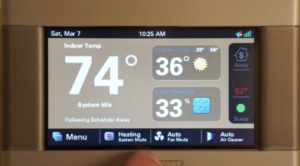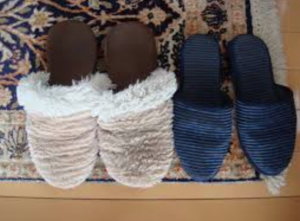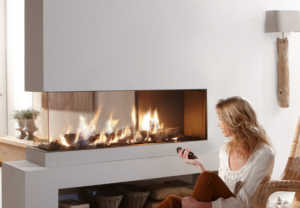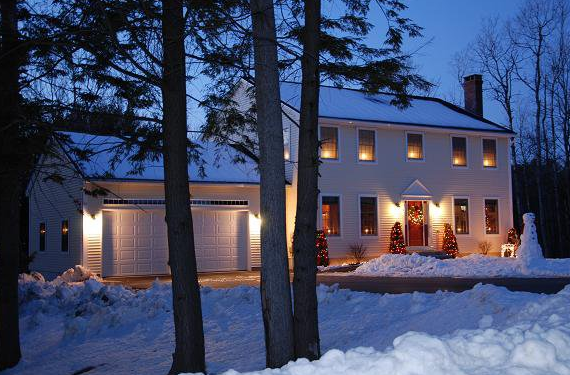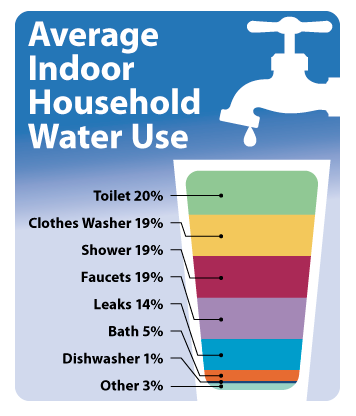Cheap Tricks to Keep Your House Cool in The Summer

Summer is here, and even in Timmins, it’s been a hot one, with heat waves and higher than average temperatures. That can get expensive if you’re trying to find ways to cool your home, but we’ve got some tips that can help you to keep those energy bills down!
Use Ceiling Fans
If you have ceiling fans, you should make sure that they’re running counter-clockwise or “forward.” This movement has the effect of circulating air downwards, which creates a breeze that encourages the wind chill effect that can be so uncomfortable during the winter but is a great relief during these hot times of the year.
Use Coverings for Your Windows
If you have curtains, shades, blinds, or other means of covering your windows, use them during the daytime! Sunlight is not just light, it is also heat, so any sunlight that shines through your windows is heating up your home. By keeping your windows covered during the hottest parts of the day, you’ll experience a noticeable drop in your energy bills.
Close Your Doors
Both heat and cold circulate, so if you want to keep the room you’re in cool, don’t let that cold air escape to other rooms or outside. Conversely, if other rooms are hot, don’t let that heat flow back into your cooler rooms. By closing doors to unused rooms, you can better maintain the temperature you want in the areas that you frequently use.
Program Your Thermostat
If you have a modern, digital thermostat, you have the ability to program it. Try setting the thermostat to higher temperatures during the times of day when no one is home, such as when school is still in session, and you or your children are working. Then, anywhere from 10-20 minutes before people return home, have the thermostat turn on the air conditioning. By not doing anything to counteract natural, higher temperatures when no one is around, you are limiting your use of the air conditioning unit, and therefore reducing the amount on your bills.
Use Lighter, Smarter Bed Sheets
In the same way that you change clothing for the summer season from winter, you should be doing the same thing with bed materials and linens. Get rid of the thick, heavy comforters designed to keep you warm, and use lighter sheets and fibres that enable heat to pass through quickly and allow you and your skin to “breathe.”
Keep Your Body Cool
Stay hydrated when it gets hot at home, and this will help to keep you cool. Also, make sure to wear appropriate clothing. Stick to lighter, looser fitting clothing that doesn’t act as an insulator, helping your body build up and retain heat. Modern, “smart fibres” maintain tensile strength and durability without being thick and heavy. If they allow for breathability as well, this is a great way to radiate heat and remain more cool and comfortable.
After following these simple tips, you will have kept both the heat under control in your home and your bills lower at the end of the summer months!



